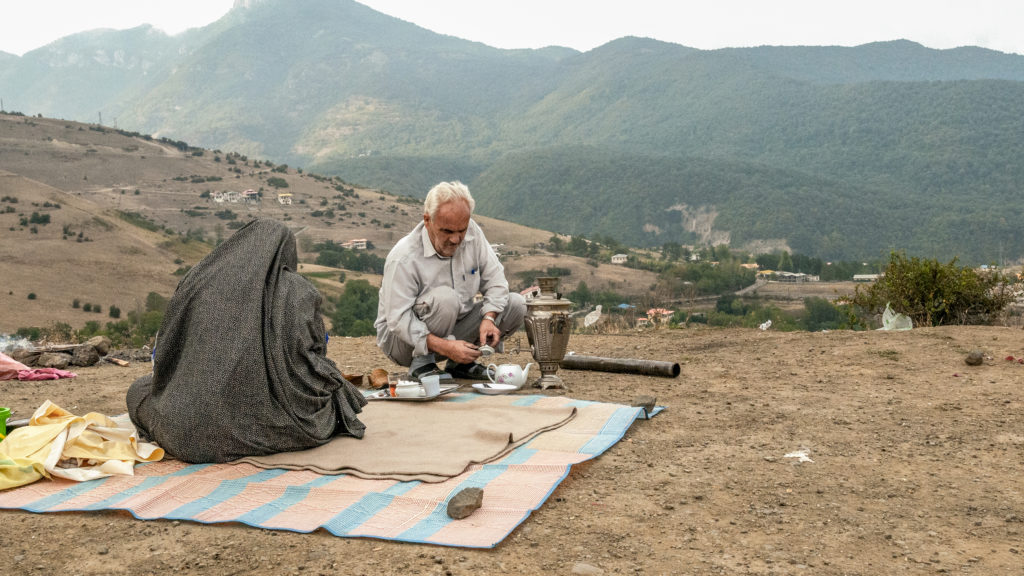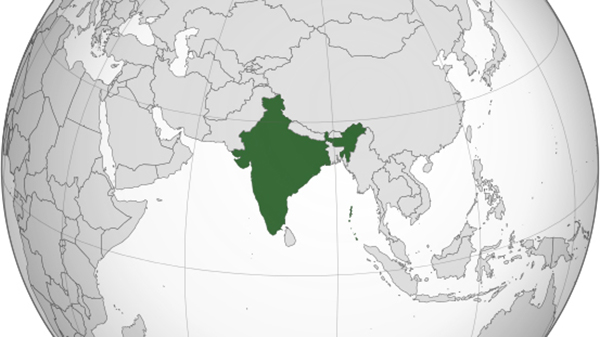Americans and Canadians can benefit from sifting out the subtle religious differences between their two nations, says one of the premier Christian historians in North America.
Mark Noll, a professor at Wheaton College in Illinois who taught about Canadian Christianity this summer at Vancouver’s Regent College, believes religion is one of the things that most profoundly differentiates the two countries.
Noll even tweaks the noses of his fellow Americans when he argues Canada might be more of a Christian nation, in an authentic sense, than the United States.
“Despite a national history without the ideology of special divine blessing, Canada has an even better objective argument for being considered a ‘Christian nation’ than does the United States,” Noll said.
The biggest religious difference between our two countries, Noll said in an interview at summer’s end, is that Canadians never succumbed to the American ideology that they are God’s chosen people.
The predominately Christian settlers who spread out over a vast land north of the U.S. border didn’t claim a unique covenant with a Supreme Being even though they were until the 1960s far more devoted church attenders than Americans.
The second major religious contrast between the two countries that Catholicism has affected almost every strand of Canadian life, whereas evangelical Protestantism has reigned supreme in the United States, said Noll, author of “A History of Christianity in the U.S. and Canada” (Eerdmans).
And while the biggest social clash in the United States has been between whites and blacks, Noll says the toughest tug-of-war in Canada has been between those who speak French, most of whom have Catholic roots, and those who speak English, most of Protestant origin.
“The tension has made Canadian Protestants anxious about their standing and Catholics defensive,” Noll said.
Noll credits this age-old tension between Catholics and Protestants with killing any chances that Canadians might conceive of their nation as being God’s special concern. “How can you say your nation is chosen if you suspect the self-professed Christians who populate the rest of the land may not be bona fide?”
A third key historical difference between the countries is that, until the recent rise of the religious right, the connection between religion and the state has been arguably stronger in Canada than in the United States, Noll said.
The U.S. emphasis on rebellion and freedom — which see religion as a kind of constitutional bulwark against state tyranny — has contrasted with a Canadian emphasis on loyalty to tradition, which intimately connected the country’s religious and political establishments.
Canadian Catholicism’s influence, as well, helped spread support for the political ideal of the common good, in contrast to the American ethos of rugged individualism.
Meanwhile, Protestant movements such as the socialistic social gospel, led by evangelical preacher J.S. Woodsworth, were much more influential in Canada than they were in America, Noll said.
This emphasis on differences, however, “should not blind us to similarities,” Noll said, including how both countries have promoted British democratic political principles and European Christianity in a new land.
Nor does Noll believe we should overlook how both nations have become far more secular since the 1960s, placing reverence for technology and the pursuit of wealth above the Christian values that dominated the Victorian era.
More ethical
On what he acknowledged as a “controversial limb,” Noll argued that Canada, through most of its history, has actually been a more ethically Christian nation than the United States.
“The list of comparisons with the United States is striking,” Noll said. “Canada didn’t tolerate slavery, has not thrown its weight around in foreign adventures, has not done quite so poorly with its native Americans, has not puffed itself up with messianic pride and has tolerated much less social violence.
“Until very recently its (Canada’s) rates of church attendance were considerably higher, its churches have had much or considerably more impact on local public life, it has cared more humanely for the poor and weak members of its society, in part through public health care, and its education structures make some provision for teaching religion.
“In other words, if believers want to find a more convincing history of ‘Christian America,’ they should look to Canada.” (RNS)





Share with others: